Summaries of books about U.S. History:
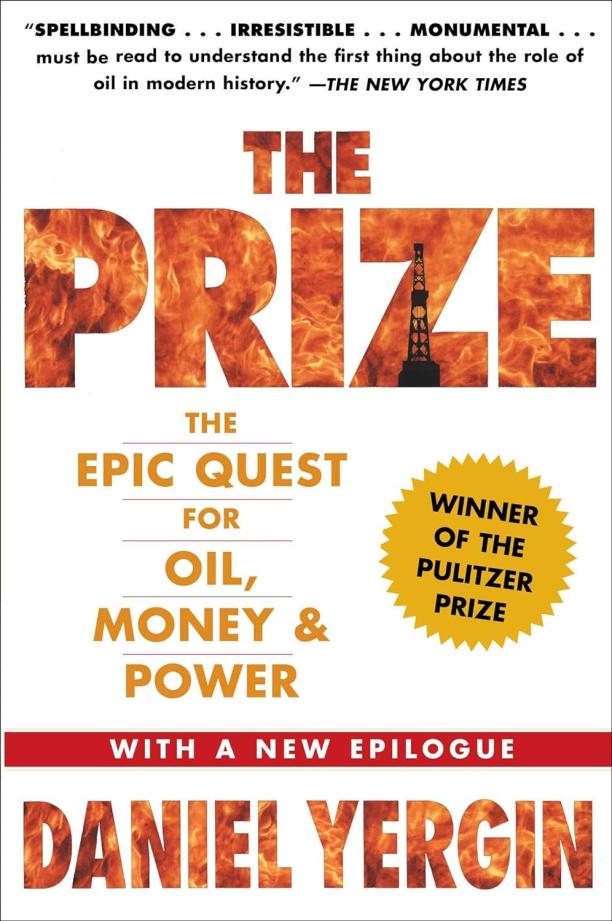
The Prize
The Epic Quest for Oil, Money & Power
Daniel Yergin
The book chronicles the global history of the oil industry from the mid-19th century through the late 20th century, detailing the geopolitical and economic impacts of oil discoveries, wars, and industry developments. It explores the strategic importance of oil, the rise of key industry players, and the influence of oil on world events and power structures.
See full summary
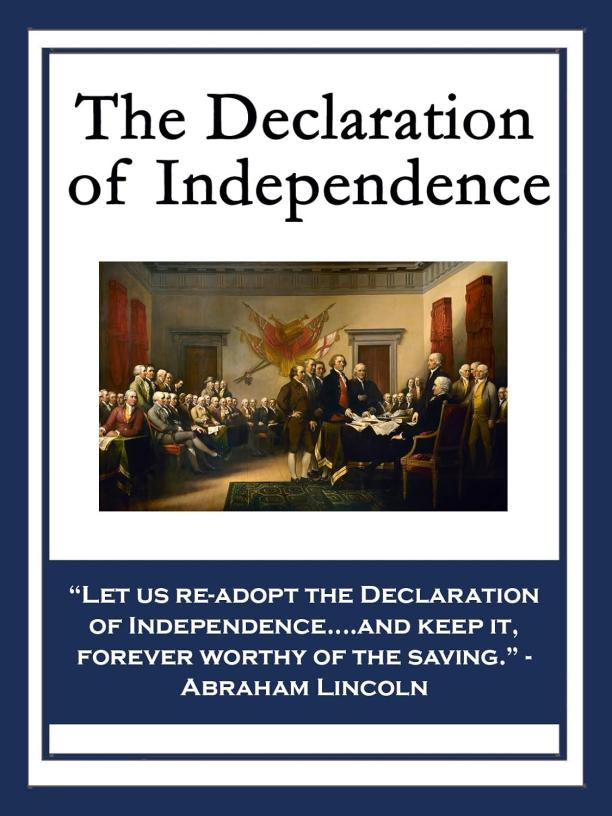
The Declaration of Independence
Thomas Jefferson|John Adams|Benjamin Franklin|Robert R. Livingston|Roger Sherman
The book contains the original text of the Declaration of Independence, which outlines the American colonies' reasons for separating from British rule, including grievances against King George III. It also articulates the Enlightenment principles of individual rights and government by consent, setting the foundation for American political philosophy and national identity.
See full summary
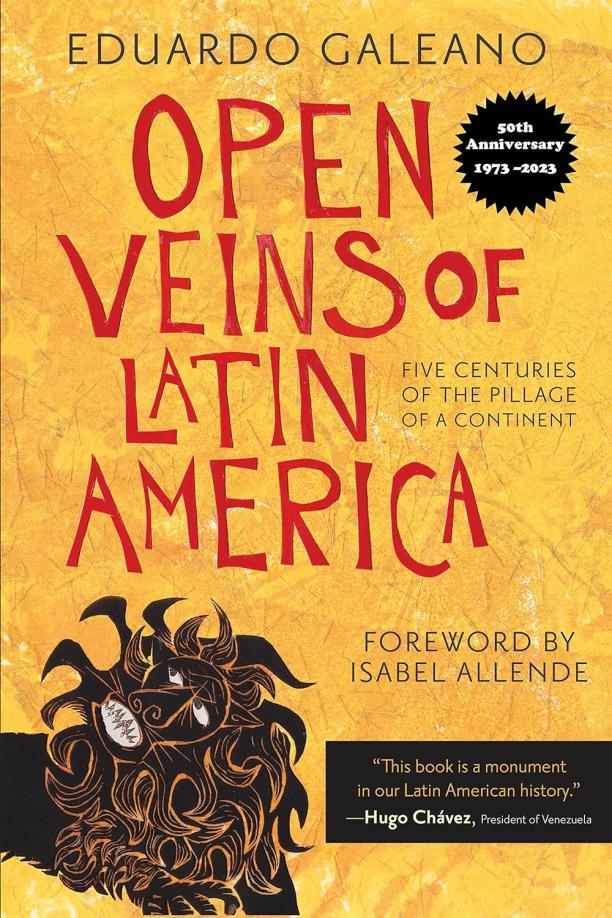
Open Veins of Latin America
Five Centuries of the Pillage of a Continent
Eduardo Galeano
The book provides a historical analysis of the exploitation and social injustices endured by Latin America from the colonial period through the 20th century, focusing on the impact of foreign economic interests and political interventions. It delves into the extraction of the region's resources, the exploitation of its people, and the resulting social and economic disparities that have shaped Latin American history.
See full summary
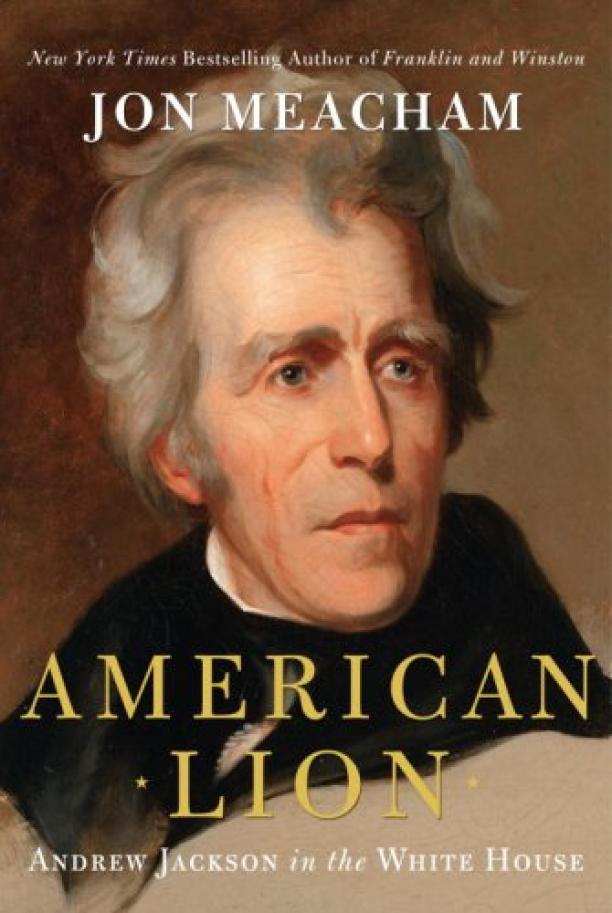
American Lion
Andrew Jackson in the White House
Jon Meacham
The book delves into the presidency of Andrew Jackson, exploring his influential two terms in the White House and his role in shaping the modern American presidency. It examines his policies, personal life, and the controversies that surrounded his leadership, including his stance on states' rights and his involvement in the Indian Removal Act.
See full summary
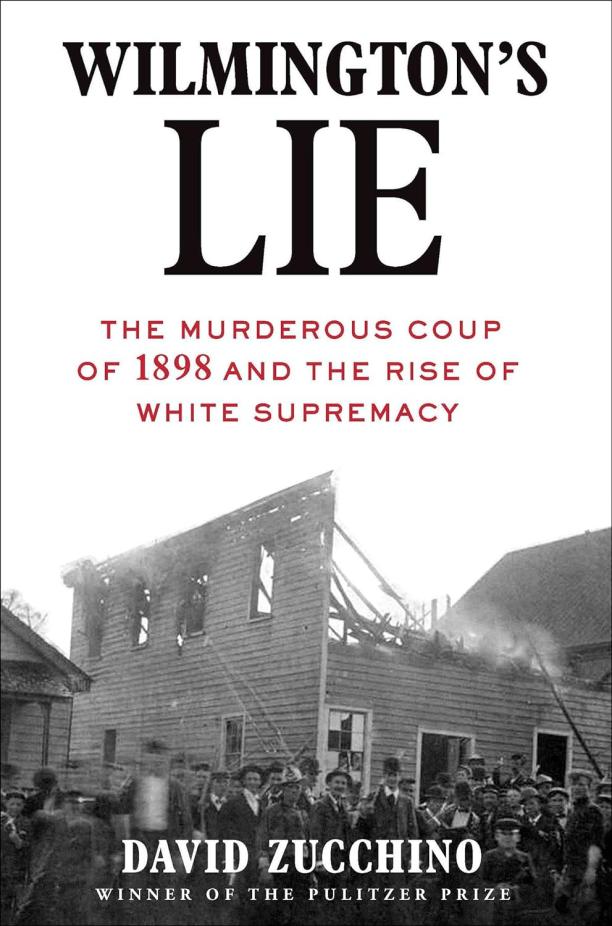
Wilmington's Lie
The Murderous Coup of 1898 and the Rise of White Supremacy
David Zucchino
The book recounts the violent overthrow of the multiracial government in Wilmington, North Carolina, by white supremacists in 1898, which led to the massacre of African American residents and the establishment of Jim Crow laws. It details the conspiracy and insurrection that stripped Black citizens of their political power and civil rights, setting a precedent for white supremacist actions in the South.
See full summary
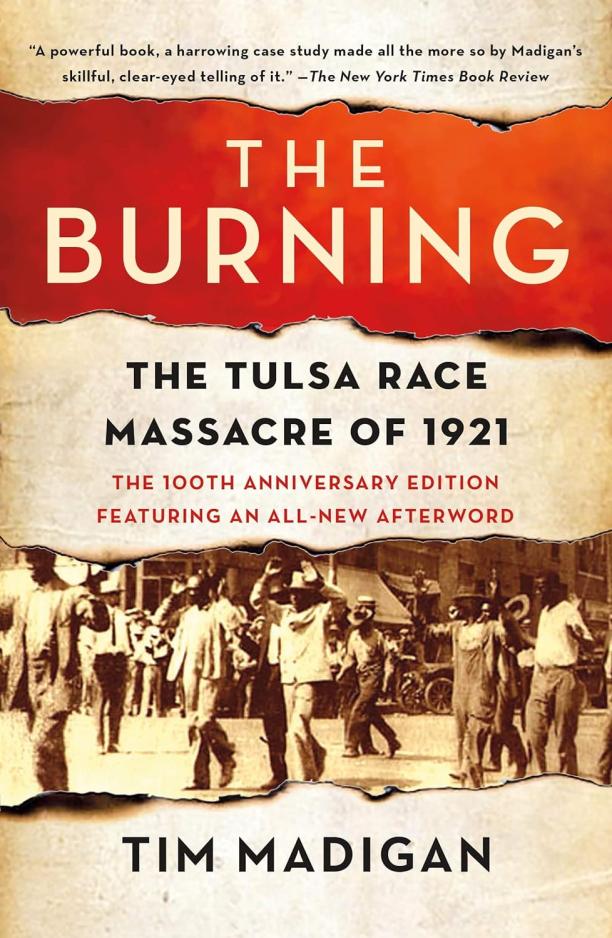
The Burning
The Tulsa Race Massacre of 1921
Tim Madigan
The book chronicles the devastating racial violence that occurred in Tulsa, Oklahoma, when a white mob attacked the prosperous Black community of Greenwood, known as Black Wall Street. It details the massacre's events, its aftermath, and the long-lasting impact on survivors and the city's racial dynamics.
See full summary
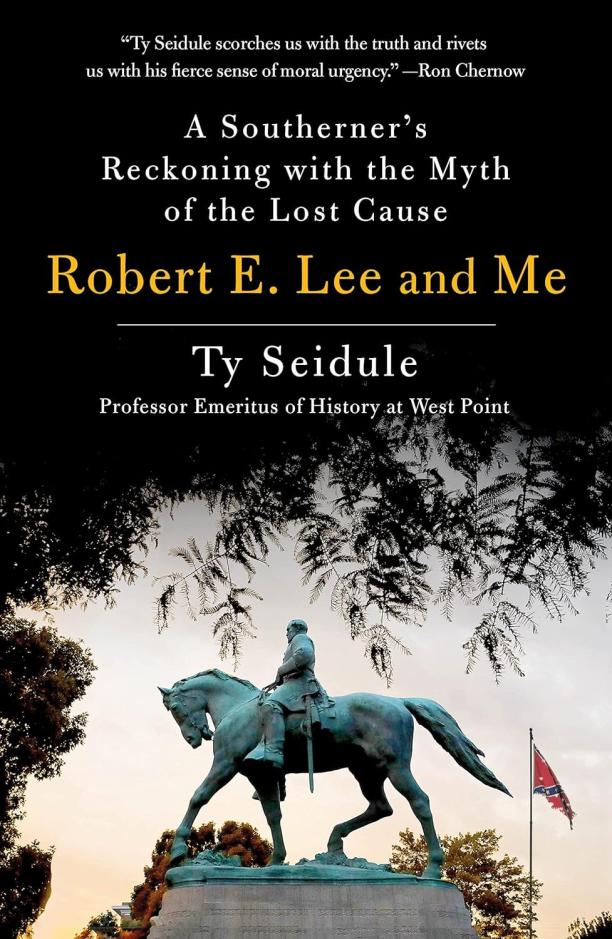
Robert E. Lee and Me
A Southerner's Reckoning with the Myth of the Lost Cause
Ty Seidule
The book confronts and dismantles the romanticized narrative of the Confederacy and its leaders, particularly Robert E. Lee, challenging the "Lost Cause" mythology that has long pervaded Southern culture. It weaves personal memoir with historical analysis, as the author, a former Southern military officer, grapples with his own upbringing and the region's fraught history of slavery, racism, and Civil War memory.
See full summary
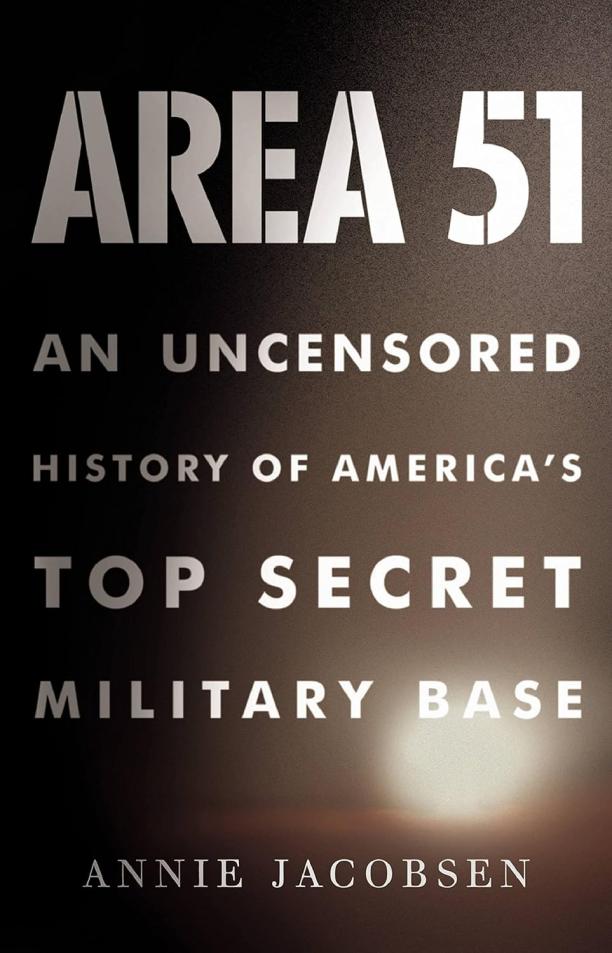
Area 51
An Uncensored History of America's Top Secret Military Base
Annie Jacobsen
The book delves into the history of the highly secretive military installation known as Area 51, revealing details about the development of spy planes, such as the U-2 and the A-12, and discussing the government's classified projects. It also explores conspiracy theories and interviews with individuals who worked at the base, shedding light on the covert operations and experiments that have contributed to the site's mystique.
See full summary
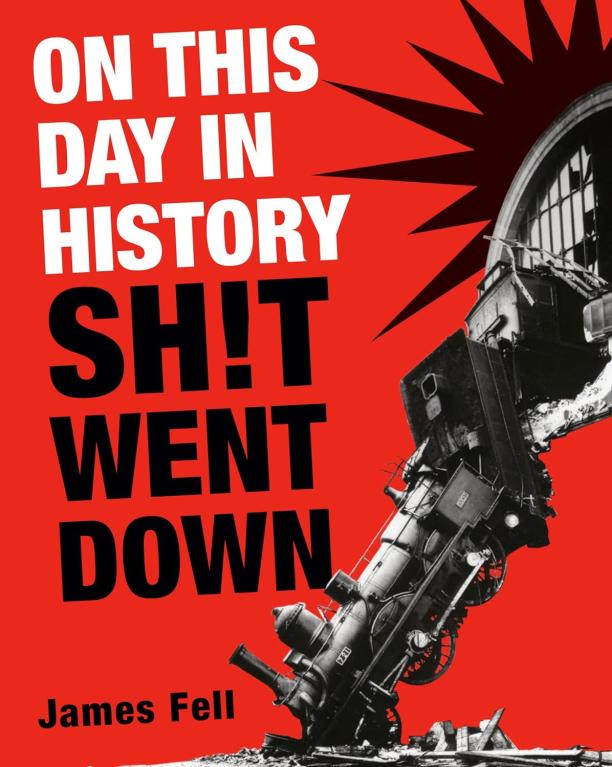
On This Day in History Sh!t Went Down
James Fell
The book presents a collection of significant, bizarre, and often humorous events from each day of the year, providing readers with a daily dose of historical anecdotes and trivia. It covers a wide range of topics, from politics and warfare to pop culture and scientific breakthroughs, offering a unique perspective on the past.
See full summary
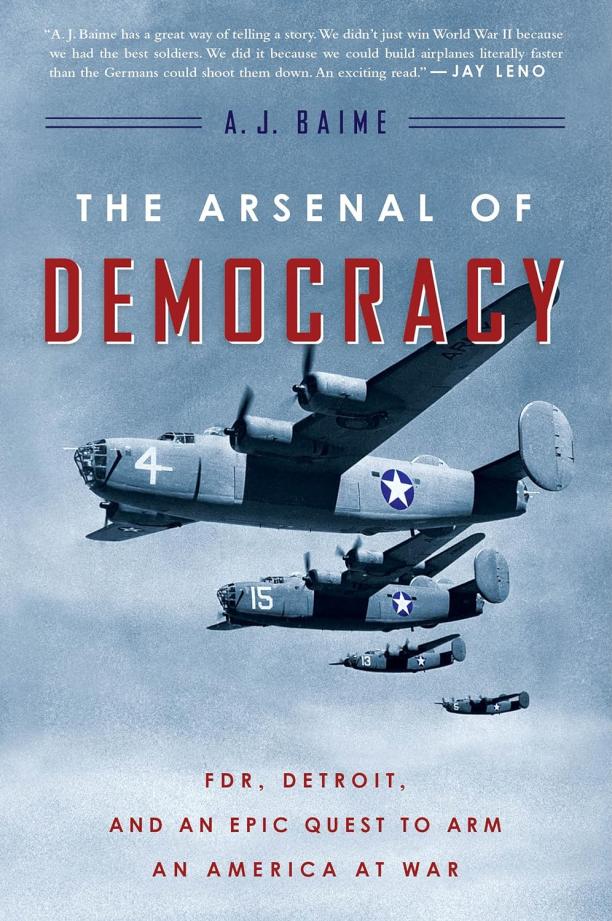
The Arsenal Of Democracy
FDR, Detroit, and an Epic Quest to Arm an America at War
A. J. Baime
The book chronicles how President Franklin D. Roosevelt galvanized the industrial might of Detroit to transform its auto factories into a key production front for World War II armaments. It details the personal and political challenges faced in mobilizing the American economy to support the war effort, focusing on the pivotal role played by the Ford Motor Company in manufacturing B-24 bombers.
See full summary